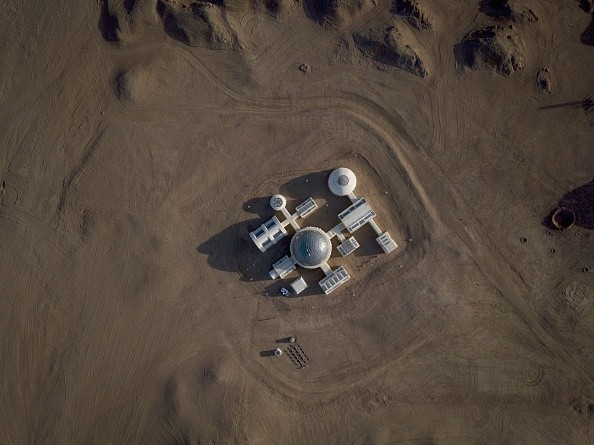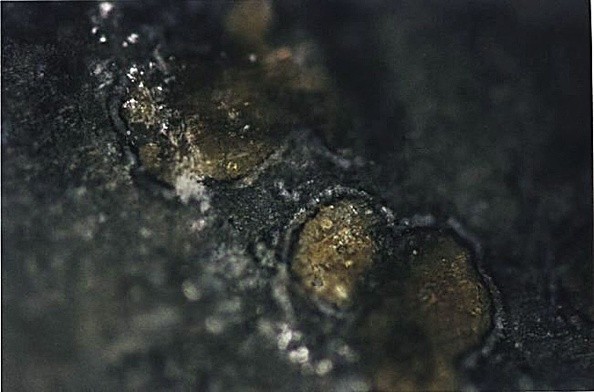Mars colonization is still not possible since humans need more advanced technologies that will help them adapt to the harsh environment of the Red Planet.

But, people can also adjust Mars by actually terraforming it. These are just some of the things that many space companies consider to make the Red Planet more habitable.
However, the most important thing they need to focus on is how to allow humans to breathe on Mars. A new space study was recently published, claiming that bacteria can help humans produce oxygen on the Red Planet.
Mars Colonization: Bacterian Can Produce Oxygen?
According to BGR's latest report, a new space study titled 'A Low-Pressure, N2/CO2 Atmosphere Is Suitable for Cyanobacterium-Based Life-Support Systems on Mars" claimed that bacteria could help humans breathe on the Red Planet by producing oxygen.

This research was published in February 2021 in the Frontiers in Microbiology journal. Thanks to the efforts made by Bremen Germany, the University of Bremen, and the Center of Applied Space Technology and Microgravity (ZARM), they discovered that the so-called cyanobacterium could allow humans to breathe freely on Mars.
"Cyanobacteria have long been targeted as candidates to drive biological life support on space missions, as all species produce oxygen through photosynthesis while some can fix atmospheric nitrogen into nutrients," a statement from a new study.
But, how can these bacteria produce oxygen on the harsh Earth neighbor?
How Cyanobacterium Produce Oxygen
Because of their special characteristics, cyanobacteria have been considered an efficient candidate when it comes to supporting biological life.
This organism can produce oxygen the way how plants do it. Thanks to its photosynthesis ability, this bacterium can convert carbon dioxide into oxygen.
Another interesting thing about it is its ability to survive a harsh environment, making it quite useful on the Red Planet.
In other news, Elon Musk recently announced that SpaceX's Mars mission would bring humans to the Red Planet around 10 years. Meanwhile, NASA wants to use its advanced Ingenuity Mars Helicopter to create new space records.
For more news updates about Mars and other related space topics, always keep your tabs open here at TechTimes.
Related Article : NASA Shares a Snapshot of Zhurong Rover on Mars | Here's a Wider View of China's Martian Machine
This article is owned by TechTimes
Written by: Griffin Davis
ⓒ 2025 TECHTIMES.com All rights reserved. Do not reproduce without permission.




